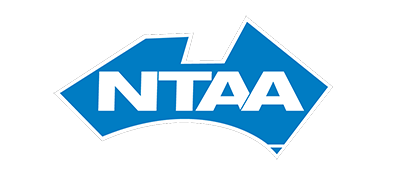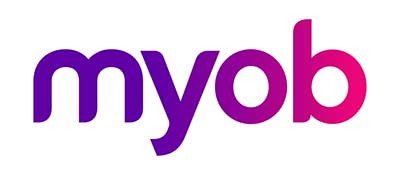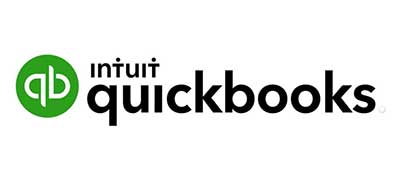Around 12 months ago the government started talking about introducing a $10,000 cash payment limit. The idea behind this policy was to reduce the black economy, thereby increasing tax revenue. Unsurprisingly, the media jumped all over this as an attack on the elderly and rural Australians. To my surprise however, particularly given we’re living in 2020, there was a lot of opposition to this policy. Whilst it seems this policy is dead and buried (for now!), cash sales are something that many small business owners consider from time to time. It begs the question then, are they a good idea?
What are cash sales?
Before going any further, it’s really important to understand what “cash sales” are for the purposes of this article. I’m not referring to work invoiced, paid for in cash and then banked into the business bank account. I’m referring to work performed (and usually not invoiced), paid by the customer in cash and never reported for income tax or GST purposes.
The elephant in the room
Well, it probably goes without saying, but I’ll say it anyway – the “cash sales” scenario described above is completely illegal. It doesn’t matter if you can get away with. It doesn’t matter if your mate down at the pub is doing it. It doesn’t matter if your cousin’s uncle’s brother knows some shady accountant that will tell you how to do it right. It’s illegal. And business owners found guilty of doing it can face substantial penalties.
The not so obvious reasons
Let’s just pretend for a minute that a business owner is able receive cash sales and not get caught. It’s still a bad idea – here’s some not so obvious reasons why:
-
- It can’t be banked – the whole point of such a dishonest practice is to hide income. If any of it ever gets banked, then there is a record of that cash. So, by nature, that cash would need to stay cash for any chance of it to remain hidden.
- There’s not that much that can be done with it – the ATO has the power to look at your assets and ask how you paid for them. E.g. if you own a $100K boat which you paid for in cash, the ATO can ask where the $100K came from. Whilst you could have (albeit extremely annoyingly) paid for it in cash, if you don’t have an explainable source of the cash then the ATO can tax you on the value of it anyway. So, what could the cash be used for? Groceries? A casino? It’s not a long list.
- Loan applications are unlikely to succeed – people who illegally take cash sales often have quite a small income on paper. Whilst this results in a lower tax bill each year, it also cripples their ability to borrow funds. The thing is, banks aren’t stupid, when assessing a loan application they will always want some assurance they will get their money back. A simple way they do this is by asking for a copy of the applicant’s last tax return. Under no circumstances will a bank lend to someone just because they say that their income is actually higher than what’s on their tax return. This means that if your income on paper is lower than it actually is, the amount you can borrow will be lower than what it would otherwise be.
- It distorts the books – if someone isn’t recording some of their income, then the figures shown in their accounting system won’t be right. This means that they actually don’t have a proper perspective of what’s happening in the business at any given time. It also means they’re more likely to make bad decisions.
- It will reduce the sale price of the business – every savvy business owner should be aiming to sell their business when their journey is done. The thing is, business buyers are stupid either, they’re not going to pay the business owner for profits that haven’t been shown on the books. Any well-informed business buyer will be testing the accounting reports for accuracy and comparing them to what the seller has reported on their activity statements and tax returns. Taking cash sales will likely reduce the value of the underlying business.
The verdict
Taking cash sales is always a bad idea. Not only should business owners not be engaging in that practice, but consumers also shouldn’t be supporting businesses that are pushing it. Even if doing so gets the consumer a better price, it probably means the business isn’t paying its fair share of tax. This means the nation’s health, education, welfare and infrastructure costs are being unfairly borne by those of us doing the right thing.








